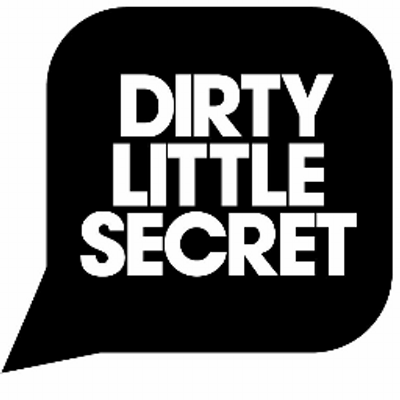We have all been there…
You are being observed by a senior member of staff. Your hands are clammy as you grit your teeth through every minute of this crucial lesson observation. This one hour may determine months of hard work.
You are speaking to a small group of students, correcting a simple misunderstanding. A student just behind you (of course, you know it is Lauren – it always is Lauren given half a chance) mutters to her friend: “I fucking hate English!” It is loud enough for you to hear. It is loud enough for her friends to hear. And they know you know.
It isn’t loud enough for the observer – who is busy scratching away at their lesson observation notes. So what do you going to do?
The short-term gain of not raking up a potential confrontation is balanced against the potential of weeks of further struggles. A knowing glare from Lauren. A victory of sorts. A Pyrrhic victory for you.
What do you going to do?
This small scenario is played out not just in schools across Britain, but in classrooms across the world. The recent OECD TALIS survey of teachers identified that the biggest factor that damaged teacher self-confidence was student behaviour. It is the factor that unites a work-force of millions. It smashes through national boundaries.
Stress and struggle in the classroom is a universal language. It isn’t all as romantic as the movies.
What is unique perhaps in our profession is how, despite most schools bursting at the seams with students and teachers, the act of teaching is a very private one. Student misbehavior is often a dirty little secret. We often dare not share this truth with our friendly colleagues – much less our senior staff who can often make the biggest difference. They, despite their best efforts, cannot experience the struggles they may well have once had with students like Lauren, given their relative status to students. Lauren knows which teachers are fair game.
Even in good schools, with supportive leadership and solid behavior management, this secret battle is being played out behind closed doors.
So, what would you have done with Lauren? If you are a standard teacher, grappling with a workload they spills into every corner of your life, perhaps your willpower is scarce. Perhaps you just let it slide. You will come back stronger tomorrow you hope.
It is scant comfort perhaps, but many teachers are doing the same. Across the corridor from you – across the world from you – people are keeping the same secret. Perhaps we need to talk about our dirty secret.
(Of course, Lauren is a fictional student)

I started teaching just before the raising of the school leaving age from 15 to 16 (in 1971). At that time, teachers talked of little else but how to cater for the ‘non-academic’ (former secondary modern) children who were joining the new comprehensive schools alongside ‘academic’ children. Out of this discussion came many notable ideas and practices: the reconceptualisation of subject English in terms of ‘growth’ rather than of literature, composition and grammar; experiments with alternative forms of schooling such as Countesthorpe College in Leicestershire; the Humanities Curriculum Project, which encouraged team-teaching and a merging of traditional subject disciplines. The newly formed Schools Council, led by the profession, proposed to give schools autonomy to construct the curriculum as they wished. The exciting work of the Schools Council on the relation between talk, writing and reading and learning was predicated upon unstreamed classes. We were working to build a new kind of school that, rather than reflecting the structures of society, offered an experience of equality and education that would help change these.
Much of this was highly idealistic. The UK, unlike the USA, had no real concept of what a comprehensive school should look like, or how to make it work. The Black Papers of the late 70s drew attention to reports of indisicpline and insufficient curricular rigour. The government effectively took over the curriculum in 1988, and the rest is history. We have moved from a time of boundless experiment and optimism to a time of authoritarian control over what used to be a profession. We are too busy working the system, trying to get the best ‘results’ (rather than the best education) for our students, and no-one has the heart to discuss what’s gone wrong.
But children remain children. Although they know no other kind of education, they are obscurely conscious that the system is rigged. Those who don’t feel valued and meaningfully educated will protest against the instrumental boredom of the curriculum and inappropriate assessment regimes that ensure that the success of one student means the failure of another. Why should they try when the whole system is clearly framed to maintain a social status quo?